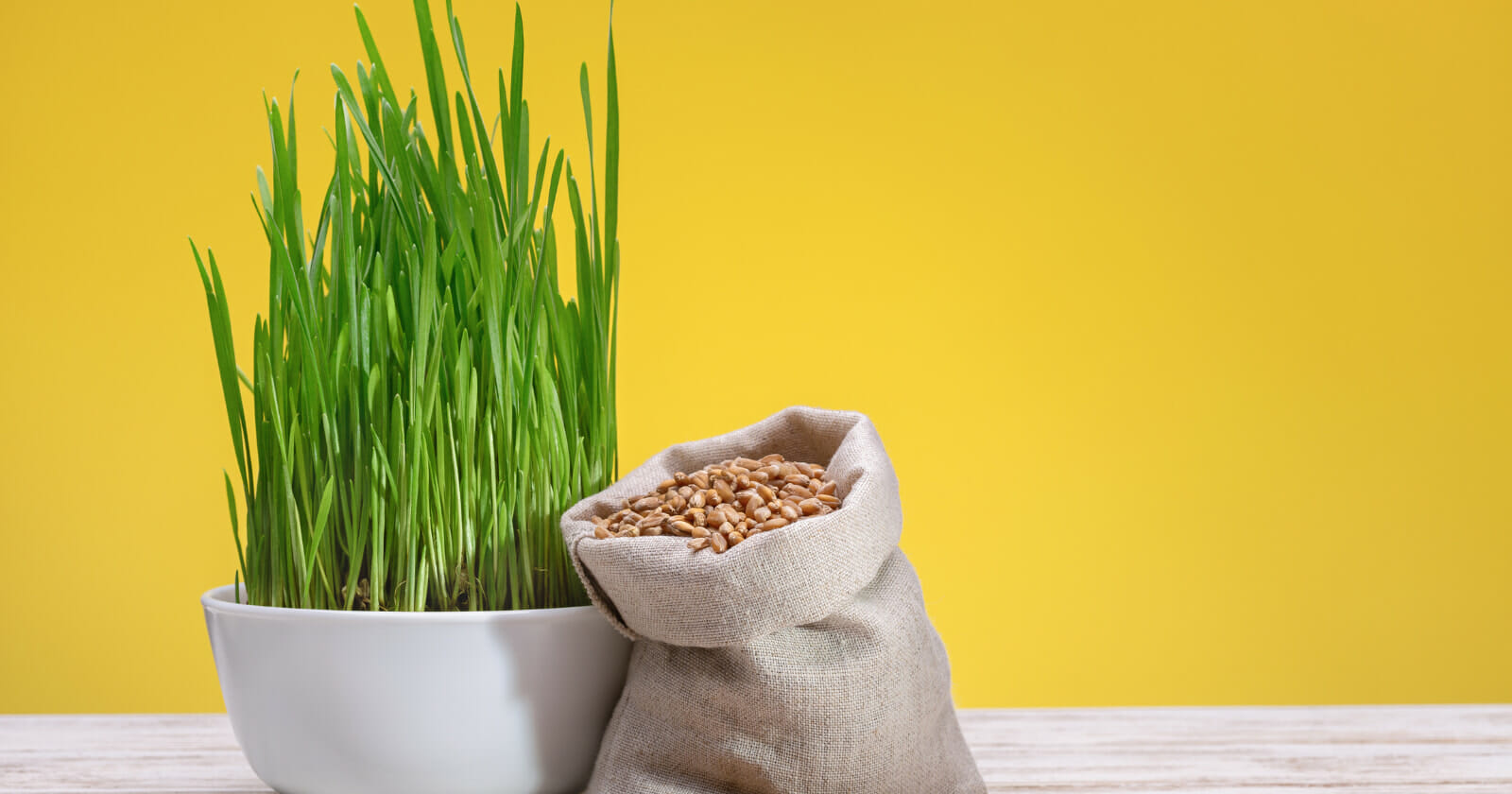Spermidine is a polyamine compound that is synthesized within the human body and also found readily in certain foods. It is a substance that has health benefits ranging from reduced cardiovascular mortality and reduced cancer risk, to name a few.
As such, spermidine is gaining popularity in the longevity supplement market.
This article will discuss the origins of spermidine, the latest evidence purporting the health benefits of spermidine, and how exactly it induces the physiologic changes that lead to its longevity benefits.
What Are the Origins of Spermidine?
Polyamines are a type of biomolecule under which spermidine is classified. As the name suggests, polyamines have at least two amino acid groups making up their chemical structure.
In the 1600s, researcher Anton Van Leeuwenhoek, initially discovered polyamines in human semen—at the time this was namely a polyamine called spermine which is an organic base. As technology advanced over the next few centuries, spermidine was also identified in human semen by the 1900s.
Since then, spermidine has been isolated from various animal tissues as well as plants, indicating its universal presence.
Is Spermidine Produced in Humans?
Spermidine is synthesized in humans naturally. The pathway of creation of spermidine is somewhat lengthy since it involves several enzymatic bioconversions in the body.
At the latter end of this pathway, however, we know that spermidine is ultimately created from its precursors putrescine (another polyamine) and spermine. This metabolic pathway is present in all humans, not just males.
Spermidine synthesis becomes less robust with aging, leading to lower spermidine levels later in life.
What Are the Health Benefits of Spermidine?
Several population based cohort studies have begun to consistently show the health benefits of spermidine to humans.
Spermidine binds with numerous tissues throughout the body to induce its health benefits. These benefits include: reduction in cardiovascular disease and cancer risk.
In addition, spermidine may even help with blood sugar control and high cholesterol.
Data show that it can even help prevent neurodegeneration and possibly improve or at least maintain optimal memory and cognition as one ages.
In one population based study of women and men ages 40-79, researchers had participants track food consumption in order to measure how much spermidine and polyamines study participants were intaking nutritionally.
They found that higher intake of spermidine was correlated with reduced mortality, even after adjusting for other confounding variables like BMI, age, or other socioeconomic factors like alcohol consumption, smoking status, income, etc.
What Exactly Does Spermidine Do?
Spermidine affects a variety of biological processes in the human body that result in the health benefits mentioned.
- It plays a role in cellular homeostasis as well as cell growth and proliferation
- It affects tissue regeneration and also helps maintain DNA and RNA stability
- It also has potent anti-inflammatory and antioxidant properties which are likely large factors in spermidine’s ability to reduce cancer risk
Spermidine Inducing Autophagy
A unique physiological mechanism that spermidine also affects is autophagy.
Autophagy is a metabolic process in which the body breaks down its own intracellular components that are old, damaged, or redundant. In clearing cellular waste, autophagy keeps surrounding healthy tissue safe from free radicals and stress.
Healthy autophagy is tied to healthy aging and even anti-aging properties.
Higher levels of spermidine are generally correlated, therefore, with more efficient and precise autophagy and thus healthier aging.
What Foods Are High in Spermidine?
While spermidine is made in the body naturally, there are food sources that are shown to be high in polyamines and spermidine, including:
- Wheat germ
- A variety of cheeses
- Cauliflower
- Broccoli
- Mushrooms
Final Thoughts
Spermidine has a growing body of evidence supporting its use as a supplement to promote healthy aging. It also has been shown to decrease the burden of chronic disease.
Healthy autophagy is a major metabolic pathway that is supported by spermidine and is likely a key mechanism through which spermidine works in the body to induce its positive health effects.
While synthesized naturally, spermidine levels decrease with age, so spermidine supplementation may be helpful for health and longevity.
Sources
- Méndez. 2017. The Other Legacy of Antonie Van Leeuwenhoek: The Polyamines
- Kiechl et al. 2018. Higher spermidine intake is linked to lower mortality: a prospective population-based study
- Madeo et al. 2018. Spermidine delays aging in humans
- Madeo et al. 2018. Spermidine in health and disease

Tana Bao, BSN, MSN, APRN, NP
Tana is a family nurse practitioner dual board board certified through the American Academy of Nurse Practitioners (NP-C) as well as the American Nurses Credentialing Center (FNP-BC).
